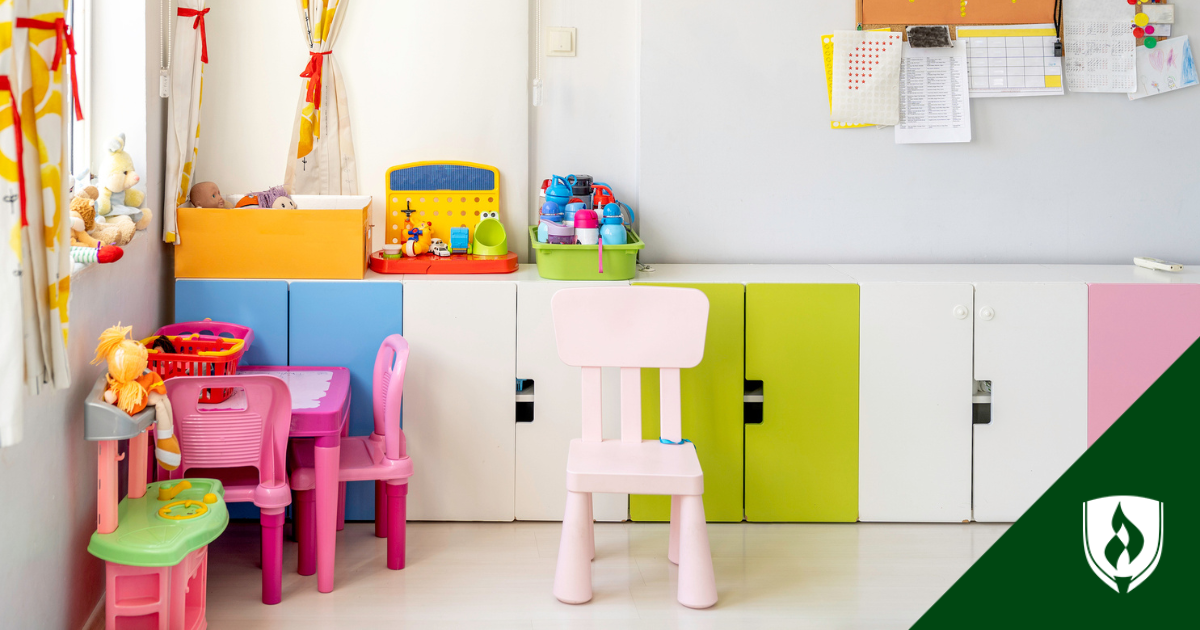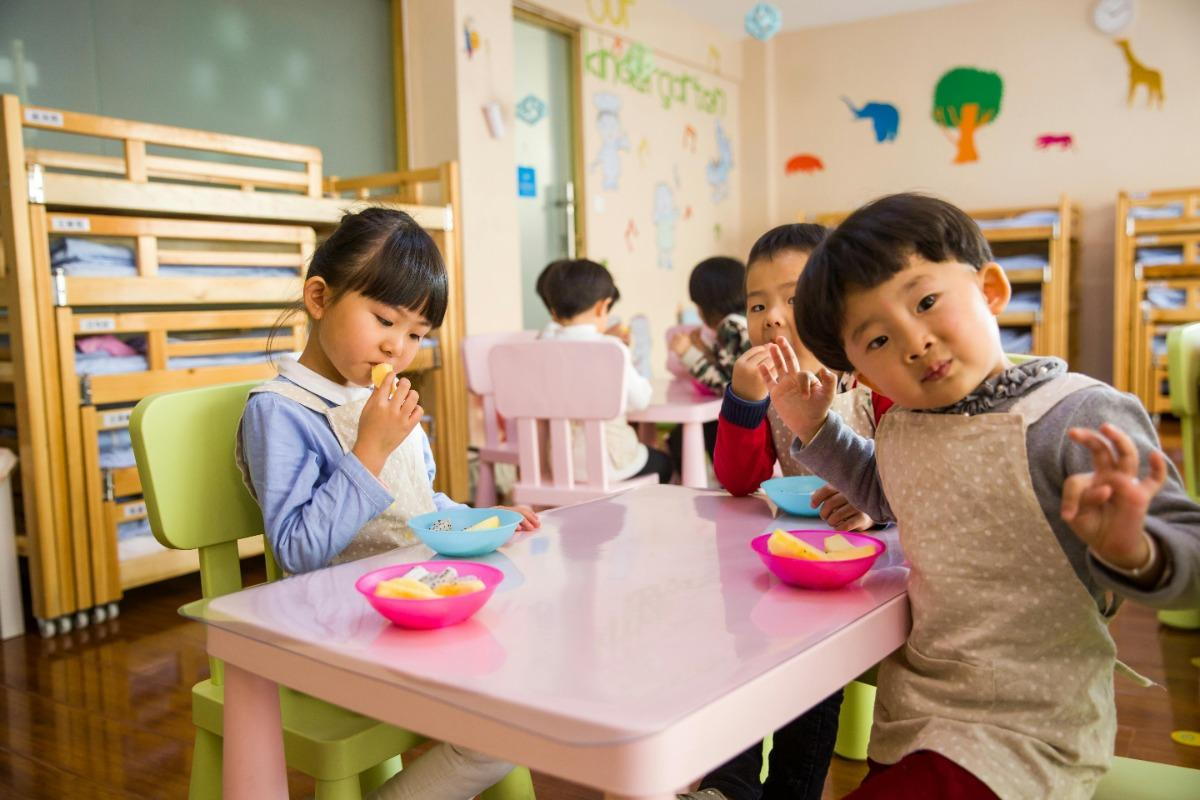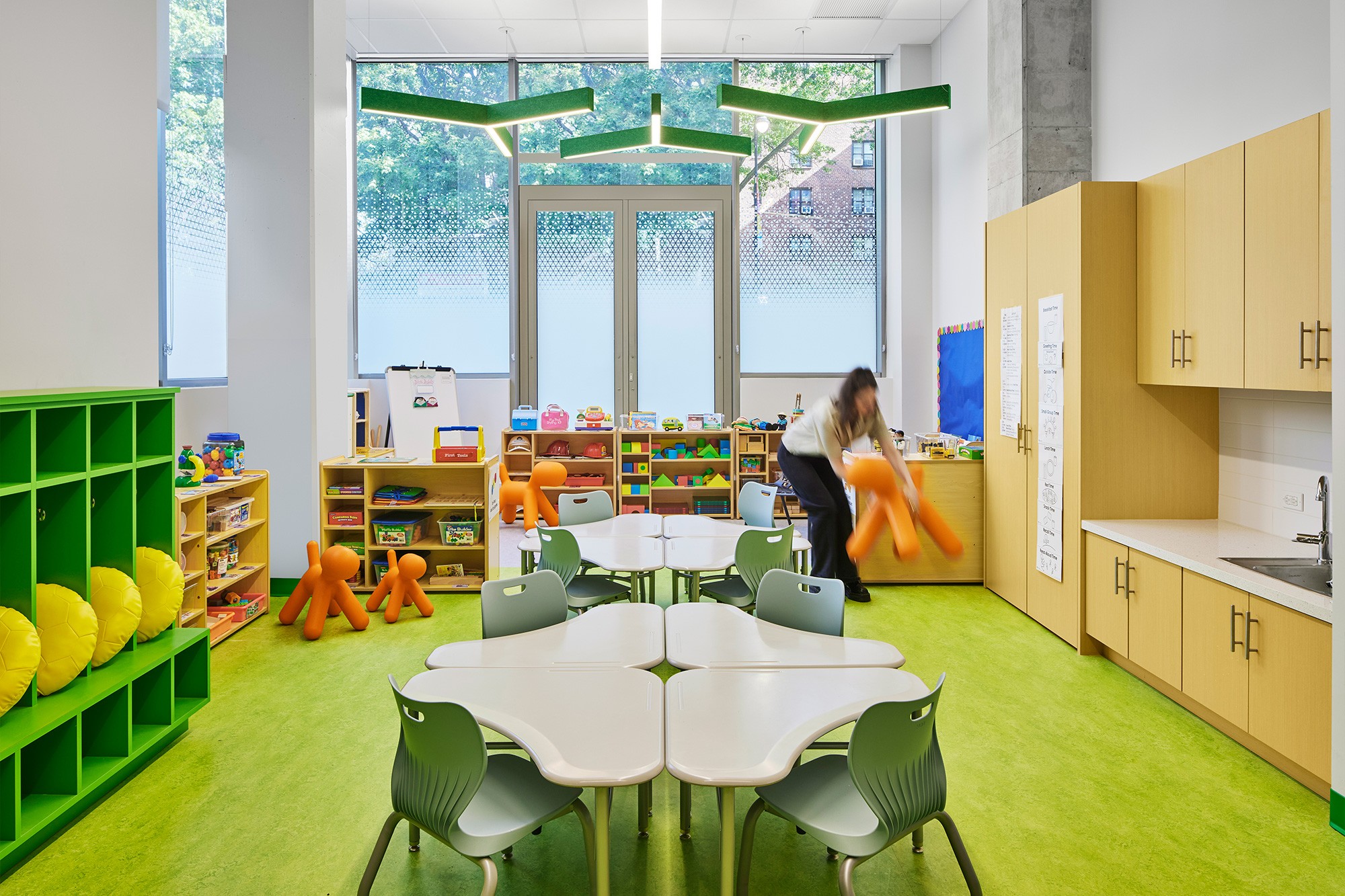How To Identify Top-Rated Childcare Near Me Centers
Wiki Article
The Duty of DAYCARE in Fostering Social Skills and Very Early Discovering
Childcare serves as a significant atmosphere for young youngsters, helping with essential social interactions that advertise very early knowing. In this organized setting, youngsters engage with caretakers and peers, developing important interaction and collaboration skills. As they browse play and different activities, they discover to settle conflicts and construct emotional intelligence. Comprehending the subtleties of these interactions exposes the extensive influence childcare has on a youngster's growth, shaping their future relationships and academic readiness. What details skills do kids get in this setup?The Relevance of Social Communication in Childcare
While numerous parents identify the relevance of early childhood education and learning, the function of social interaction in childcare is often ignored. Day care setups provide children with indispensable chances to involve with peers, promoting important social skills. During these developmental years, children learn to browse numerous social characteristics, such as sharing, collaboration, and problem resolution. Interacting with diverse age and individualities boosts their capability to adapt to different atmospheres and establish empathy in the direction of others.
Building Communication Abilities Through Play
Play functions as a powerful tool for youngsters to construct important communication skills in day care setups. Via different play tasks, kids talk, share their ideas, and find out to pay attention to others. Role-playing video games, as an example, encourage them to utilize language in various contexts, advertising vocabulary growth and understanding of social hints.
Storytelling during playtime enables youngsters to communicate ideas and emotions, aiding them develop narrative skills and confidence in their spoken expressions. On the whole, play not only functions as a satisfying pastime but additionally as a necessary platform for establishing the interaction abilities needed for effective social interactions in later life.
Urging Cooperation and Teamwork
Collaboration and teamwork are necessary abilities that kids can grow in day care settings. Via different team tasks, such as building jobs or collective games, youngsters learn to share obligations and pursue typical objectives. These interactions foster an understanding of the significance of listening to others, working out roles, and compromising when necessary.In daycare settings, caregivers typically produce chances for children to take part in synergy by urging them to join team jobs. This not just aids youngsters establish social bonds however additionally grows a feeling of belonging and community.
As they browse these cooperative experiences, children acquire important understandings into the characteristics of functioning with peers. They learn to value diverse point of views and acknowledge that each member contributes distinctly to the team effort. Inevitably, these early lessons in participation and team effort lay the groundwork for healthier partnerships and efficient partnership in future social and academic setups.
Structured Discovering Activities and Cognitive Growth
Structured discovering activities play an indispensable function in cultivating cognitive growth in kids (Child Care Near Me). These tasks, which include challenges, narration, and hands-on experiments, promote vital reasoning and problem-solving abilities. In a childcare setup, structured discovering urges kids to involve with their peers, boosting their ability to process information and recognize different ideas
With led play and interactive tasks, children establish foundational skills such as numeracy and literacy. Tasks focused around numbers can help children grasp mathematical principles, while narration improves language procurement and understanding. In addition, organized understanding allows educators to evaluate developmental progress and dressmaker tasks to individual understanding requirements.

Including a varied variety of structured activities not just promotes cognitive growth but also prepares youngsters for future scholastic success. By supplying a balanced environment that cultivates expedition and inquiry, childcare programs play an essential function fit the cognitive abilities of young students.
Cultivating Emotional Knowledge and Confidence
Psychological intelligence and confidence are necessary components of a youngster's advancement, enhancing the cognitive abilities fostered with structured knowing tasks. In daycare setups, youngsters are offered with chances to share their feelings and participate in social interactions, which are critical for constructing emotional understanding. With led play and group tasks, youngsters learn to determine their feelings, recognize those of others, and create empathy.In addition, interaction with caretakers and peers assists to grow self-confidence and strength. Favorable support and encouragement from adults empower youngsters to take dangers and face obstacles, cultivating a sense of accomplishment. As they browse social characteristics, kids develop self-confidence in their capacities to communicate, work together, and resolve conflicts - Childcare North York. This nurturing environment enables the gradual advancement of emotional intelligence, which is essential for future interpersonal connections and general well-being. As an outcome, childcare plays a significant function in cultivating both emotional intelligence and confidence in children
Regularly Asked Concerns
Just How Can Moms And Dads Pick the Right Daycare for Their Child?
Parents ought to think about variables such as area, team certifications, safety and security criteria, educational program, and assesses from various other parents when picking the right childcare for their child, guaranteeing it straightens with their kid's developing needs and family worths.
What Age Is Ideal for Beginning Childcare?

How Does Day care Influence Children's Habits in the house?
Daycare usually positively influences kids's actions in the house by boosting social abilities, advertising independence, and encouraging emotional guideline (Childcare Near Me). Because of this, children may show better communication and teamwork, causing even more unified family characteristicsAre There Any Type Of Drawbacks to Childcare Attendance?
Yes, there are downsides to day care participation, including possible separation anxiety, exposure to diseases, and irregular caregiving. These elements can impact a kid's emotional well-being and Childcare Near Me adjustment in the house, affecting general family dynamics.How Can Parents Assistance Social Skills Learned at Day Care?
Parents can sustain social skills discovered at day care by promoting playdates, urging participating activities, modeling positive communications, going over sensations, and enhancing sharing and interaction at home, thus boosting their youngster's social advancement and confidence.Childcare serves as a considerable setting for young youngsters, promoting essential social interactions that advertise very early knowing. Daycare settings supply youngsters with important possibilities to engage with peers, cultivating crucial social skills. Play serves as a powerful tool for children to develop vital communication abilities in childcare settings. In childcare settings, kids are offered with chances to share their emotions and involve in social communications, which are crucial for constructing emotional recognition. Day care often favorably influences kids's actions at home by enhancing social skills, promoting freedom, and motivating psychological policy.
Report this wiki page